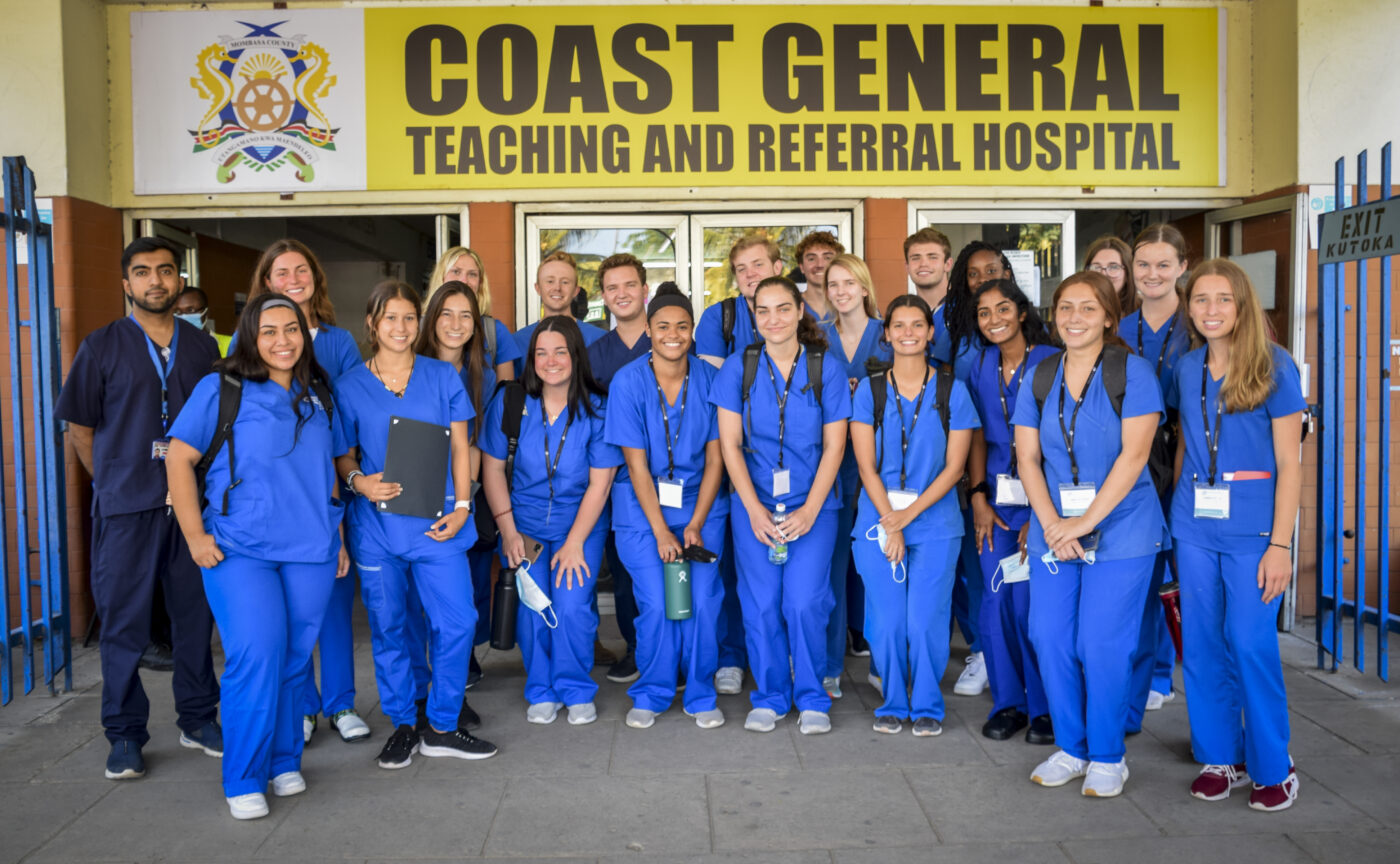While a strong academic foundation is crucial for medical school acceptance, it’s not the only factor admissions committees consider. Most med schools seek well-rounded individuals who demonstrate the skills essential for future doctors.
So, other than focusing on your studies, bump up your application by taking relevant premed extracurriculars. When you’re up against almost 967,000 other applicants to the best medical institutions, your extracurriculars could give you that much-needed edge.
If you still need convincing, keep reading. We’ll explore the role of extracurriculars in med school applications and some activities you can consider.
Why Med School Extracurriculars Matter
It’s an impressive feat if you have a 4.0 GPA and you aced the MCAT, but these achievements don’t tell your whole story. The right extracurricular activities carry all the finer details that prove you’re an ideal candidate for your chosen school. They complement your academic success in the following ways:
Qualities Beyond Textbooks
Reading countless books can deepen your knowledge of biology and anatomy, but can you impart that knowledge to others? Remember, doctors need to be strong communicators, and gaining that skill could come from extracurriculars, where one interacts with people from various backgrounds. Non-academic activities also help you practice relevant soft skills like leadership, conflict resolution, and adaptability.
While you’re still in college, preparing for your eventual med school application, consider joining or forming student clubs that focus on health-related events. You could organize school health fairs or participate in volunteer programs that showcase your organizational, teamwork, and empathy skills through extracurricular experiences.
Passion for Medicine
Every medical professional should have an innate passion for medicine. Their job revolves around it, after all.
You’ll best grow that interest into a full-blown dedication by shadowing physicians or volunteering in your local health clinic. Many medical schools often choose applicants who are truly passionate about becoming doctors someday. Extracurriculars help you show that passion into action.
Choosing Meaningful Extracurriculars
Your choice of premed extracurriculars also has weight. But, as much as possible, avoid making a checklist of activities that sound nice on paper. Instead, focus on activities that genuinely spark your interest and align with your goals as a future doctor. This allows you to explore diverse aspects of healthcare, showcase your passion, and demonstrate a genuine commitment to the field.
Here are some impactful options to consider:
Clinical Experience
One of the first things you can do as an aspiring healthcare professional is gain clinical exposure early. You can do this by volunteering in hospitals, clinics, or hospice care centers. Shadowing physicians from different specialties is also a great way to understand how each job in the field works.
Research Experience
Research allows you to build your critical thinking skills, gain experience in scientific methodology, and potentially contribute to a published paper. So, if possible, consider assisting your professors in lab research or participating in an independent project.
Community Service
You may have underprivileged communities near or around your neighborhood you could help. Why not take the initiative to work with these underserved populations? Consider joining your local health awareness campaigns to get a better glimpse of healthcare efforts in your community.
If volunteering your services can boost people’s chances of finding a job by 27%, it could be the same for med school applicants. After all, healthcare isn’t a passive career, and being a volunteer shows how active you are in the community, which medical school admissions want to see in potential doctors.
Leadership Roles
Holding leadership positions in student organizations or after-school clubs can significantly strengthen your application. Why? These roles equip you with valuable skills like time management, communication, and delegation – essential tools for balancing academics with a demanding medical career.
So, take the initiative in groups, especially in activities in which you have experience or knowledge. Pursuing a leadership role demonstrates your ability to take charge, delegate tasks, and inspire others.
Where to Find Opportunities for Extracurriculars
Now, your question might be where to find those extracurriculars exactly. Through research and asking people like your college professors or advisors, you can curate a list of extracurriculars to participate in.
Here are some examples to guide your initial search:
- Hospitals and Clinics: Medical facilities are always looking for volunteers. By volunteering in hospitals and clinics, you can be involved in various tasks, such as greeting families or performing basic clerical duties.
- Hospices: Volunteering at a hospice is a noble yet demanding experience. However, it can be an emotionally taxing duty, as the families of the residents may see you as another person to rely on.
- Schools: Some elementary, middle, and high schools are often understaffed. You could volunteer for these places by offering to chaperone field trips or helping create engaging lessons.
- Shelters: Most shelters require many volunteers to run smoothly. Your help could do wonders for the families and individuals who don’t have a home to stay in.
- Mentoring or Tutoring: Why not start small? Tutor younger family members or children in your neighborhood in subjects you’re familiar with.
If it’s an extracurricular activity you’re confident in and love doing, don’t hesitate to pursue it! Experts say that pursuing a passion project could increase your chances of standing out in many applications med schools receive.
Making the Most of Your Activities
Simply participating in extracurriculars isn’t enough–go the extra mile. So, seek leadership opportunities or take the initiative to make a meaningful impact within your chosen activities. Then, reflect on the skills and experiences you’ve gained and how they’ve shaped your understanding of medicine.
Remember to quantify your achievements and impact through metrics like volunteer hours, research publications, or awards received. These tangible accomplishments will strengthen your application and demonstrate your dedication and drive.
Final Thoughts
Don’t ignore the role of meaningful extracurriculars in med school applications; they add to your profile, making you more well-rounded. So, look for activities that align with your interests and goals and develop essential skills for future doctors.
But why only find medical school extracurriculars locally? Consider broadening your horizons by studying abroad as a premed student. You may find more opportunities in another country, thus bumping up your application amongst the thousands.



